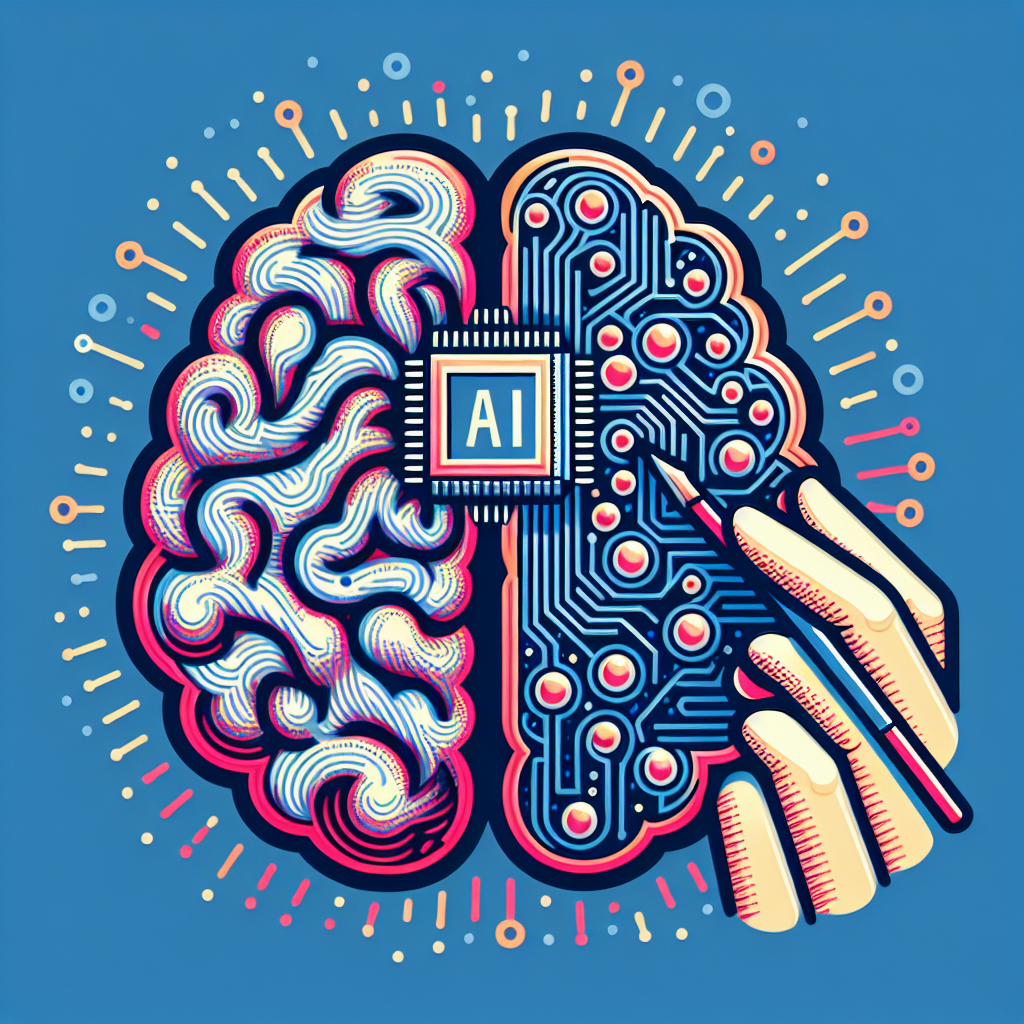The Impact of AI Software on Creativity
Artificial Intelligence (AI) has been making significant advancements in various industries, including the creative field. AI software has the capability to assist and enhance the creative process, pushing the boundaries of what is possible in terms of innovation and creativity. However, there are concerns about the impact of AI on human creativity and whether it will ultimately replace the need for human artists and designers. In this article, we will explore the ways in which AI software is impacting creativity and the potential implications for the future.
How AI Software is Impacting Creativity
AI software has the ability to analyze vast amounts of data and generate insights that can be used to inform creative decisions. For example, AI algorithms can analyze trends in consumer behavior and preferences to help marketers create more targeted and effective campaigns. In the design field, AI can assist in generating new ideas and concepts based on existing data and patterns.
AI software can also be used to automate repetitive tasks, freeing up creative professionals to focus on more strategic and innovative work. For example, AI-powered tools can generate basic designs or layouts based on user input, allowing designers to quickly iterate and explore different options.
In addition, AI software can help creative professionals explore new ideas and concepts by generating unexpected combinations or variations. For example, AI algorithms can analyze images, text, or other data sources to suggest new approaches or styles that the human designer may not have considered.
Overall, AI software has the potential to enhance creativity by providing new insights, automating repetitive tasks, and generating innovative ideas. However, there are concerns about the impact of AI on human creativity and whether it will ultimately replace the need for human artists and designers.
The Potential Implications for the Future
There are concerns that AI software could lead to a loss of jobs for creative professionals, as machines become more capable of performing tasks traditionally done by humans. However, many experts believe that AI will complement human creativity rather than replace it entirely.
AI software can help creative professionals work more efficiently and effectively, allowing them to focus on higher-level tasks that require human creativity and judgment. For example, AI-powered tools can automate time-consuming tasks like data analysis or layout design, freeing up designers to focus on more strategic and innovative work.
In addition, AI software can help creative professionals explore new ideas and concepts by generating unexpected combinations or variations. For example, AI algorithms can analyze images, text, or other data sources to suggest new approaches or styles that the human designer may not have considered.
Overall, AI software has the potential to enhance creativity by providing new insights, automating repetitive tasks, and generating innovative ideas. However, it is important for creative professionals to embrace AI as a tool to enhance their work rather than as a threat to their jobs.
FAQs:
1. Will AI software replace human creativity?
While AI software has the potential to enhance creativity by providing new insights, automating repetitive tasks, and generating innovative ideas, it is unlikely to replace human creativity entirely. Creative professionals bring a unique perspective, judgment, and emotional intelligence to their work that AI cannot replicate.
2. How can creative professionals benefit from AI software?
Creative professionals can benefit from AI software by using it to automate repetitive tasks, analyze data to generate insights, and explore new ideas and concepts. By embracing AI as a tool to enhance their work, creative professionals can work more efficiently and effectively, allowing them to focus on higher-level tasks that require human creativity and judgment.
3. What are the potential ethical implications of using AI software in the creative field?
There are potential ethical implications of using AI software in the creative field, such as concerns about bias in AI algorithms, the impact on jobs for creative professionals, and the potential loss of human creativity and diversity in the creative process. It is important for organizations and individuals to consider these ethical implications and ensure that AI is used responsibly and ethically in the creative field.
In conclusion, AI software has the potential to enhance creativity by providing new insights, automating repetitive tasks, and generating innovative ideas. However, it is important for creative professionals to embrace AI as a tool to enhance their work rather than as a threat to their jobs. By using AI software responsibly and ethically, creative professionals can leverage its capabilities to push the boundaries of what is possible in terms of innovation and creativity.

